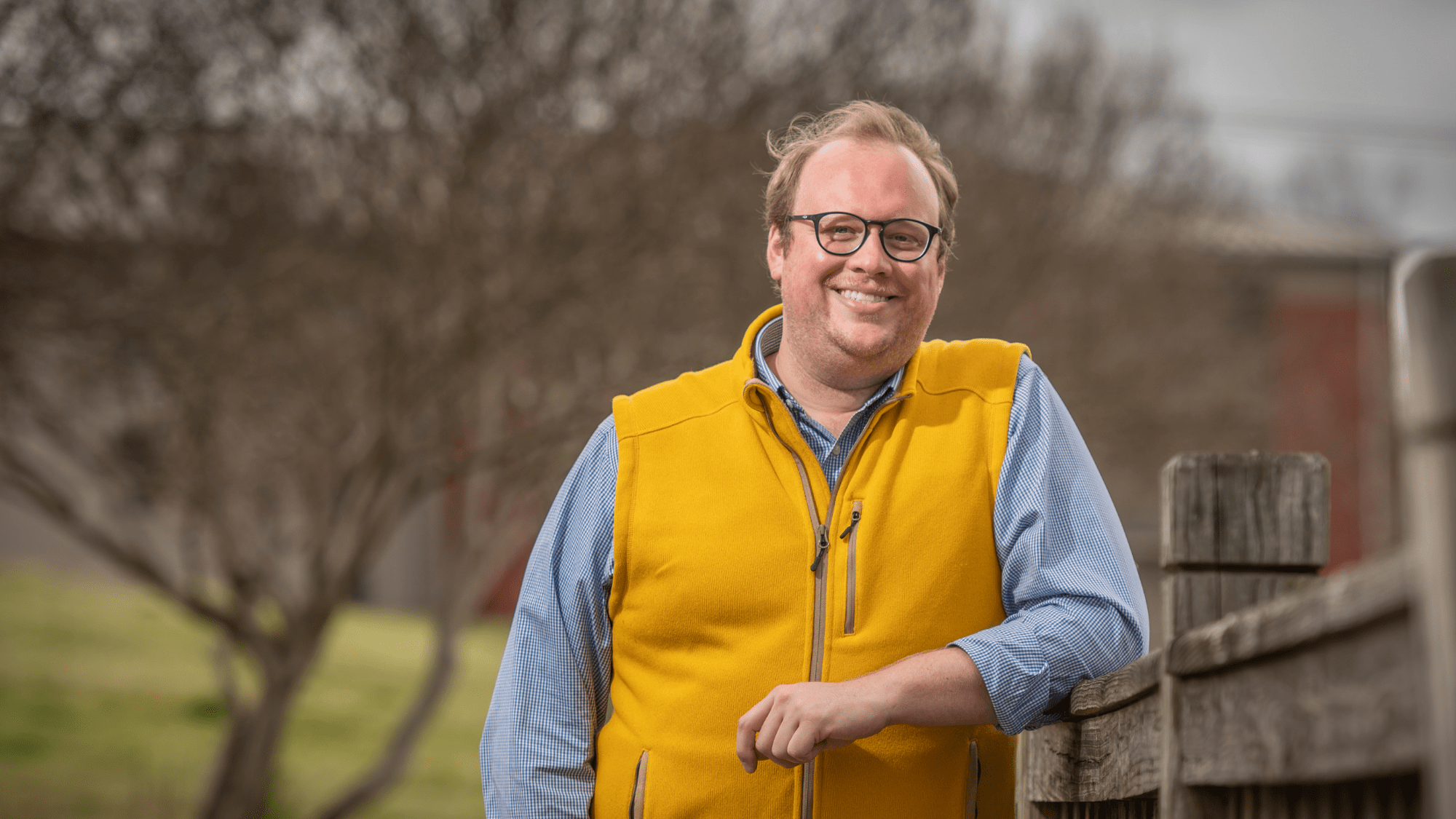Daniel’s Story: From UAMS Lymphoma Patient to Be a Part of the Cure Walk Coordinator
| Imagine you’re 23 and just landed your first promotion at your dream job. All is right with the world.
Now imagine being diagnosed with lymphoma at the same time. For UAMS special events coordinator, Daniel Frazier, cancer was not part of the plan.
“Whatever plan I thought I had, a cancer diagnosis was nowhere on my radar. I was starting my career off the way most people did, low on the totem pole but with great tenacity and opportunity to grow. I had just gotten a promotion and was super excited to be a local brand’s marketing manager,” he said.
On a routine visit to his allergist, Frazier just happened to ask the doctor to look at a knot on his neck. He was blindsided to learn later that it was Stage IV Nodular Sclerosing Hodgkin Lymphoma, a common subtype of lymphoma found primarily in young adult males under the age of 50.
“In a week, I went from planning a vacation to CT scans and chemotherapy,” he said.
That began Frazier’s experience as a patient at the Winthrop P. Rockefeller Cancer Institute. In 2014, he underwent a successful autologous stem cell transplant at UAMS in which his own stem cells were transplanted back into his body.
“It was a rough process, Frazier said. Three days after the transplant, “I felt like a balloon with all the air let out.”
As overwhelming as it was for someone so young to deal with cancer, Frazier remembers the outpouring of support from family, friends and colleagues. It’s also why he feels called to rally around others battling cancer.
“I was and am still very grateful for the creative and compassionate work family at that time. While a cancer diagnosis at any age is never something you plan for, I look back and am extremely grateful that if I had to have cancer, it was at this crossroads in my life.”
Now eight years post-transplant and cancer free, Frazier works at the Cancer Institute where he was treated. From his office on the eighth floor, he is busy recruiting sponsors and raising money for the upcoming Be A Part of the Cure Walk on April 30 at War Memorial Stadium and Outdoor Course.
“I know my calling isn’t medical or direct patient care, but what a golden opportunity I have to work here, share my experience and hopefully inspire someone who is facing a new diagnosis.”
Frazier connects with his work for the Cancer Institute in a way only a cancer survivor can.
“It doesn’t get lost on me why we are here. The big picture I think stays with me always because of my cancer experience. You can’t walk in here after having been a patient and not feel a sense of awe. It’s no exaggeration to say that without UAMS, I wouldn’t be here today recapping my experience.”
